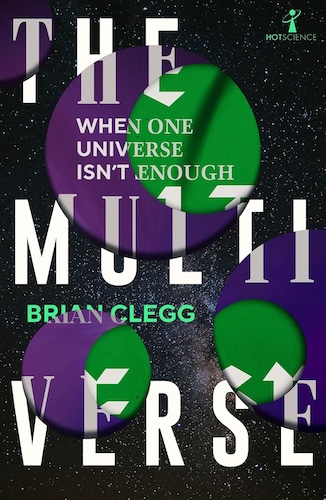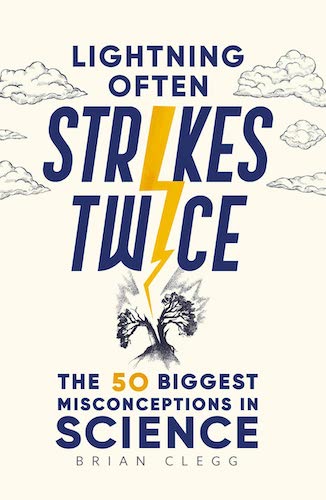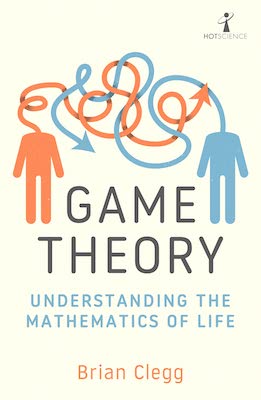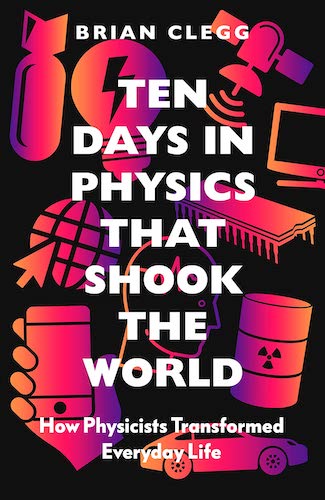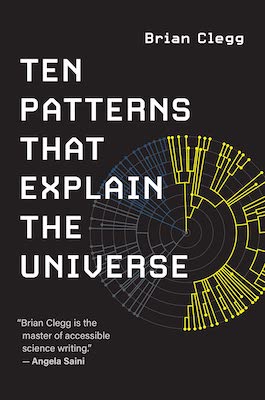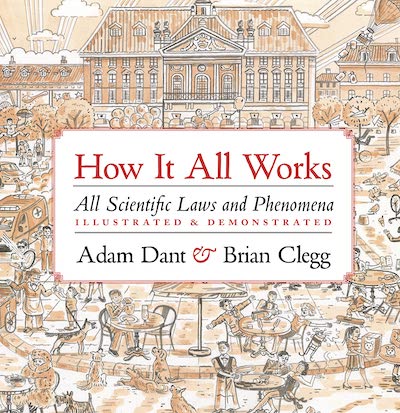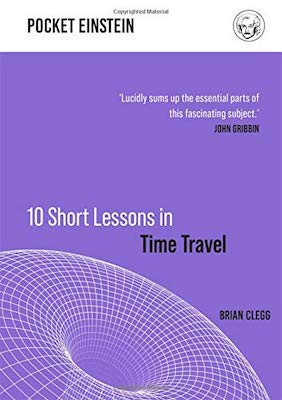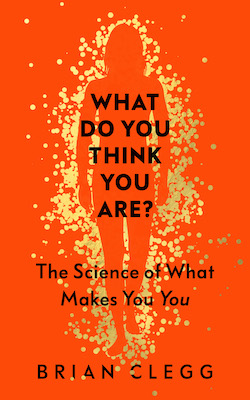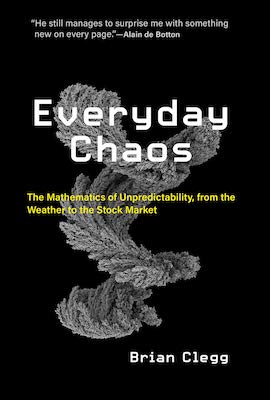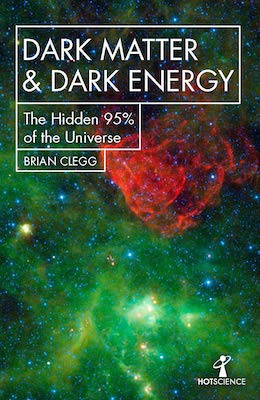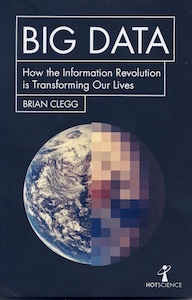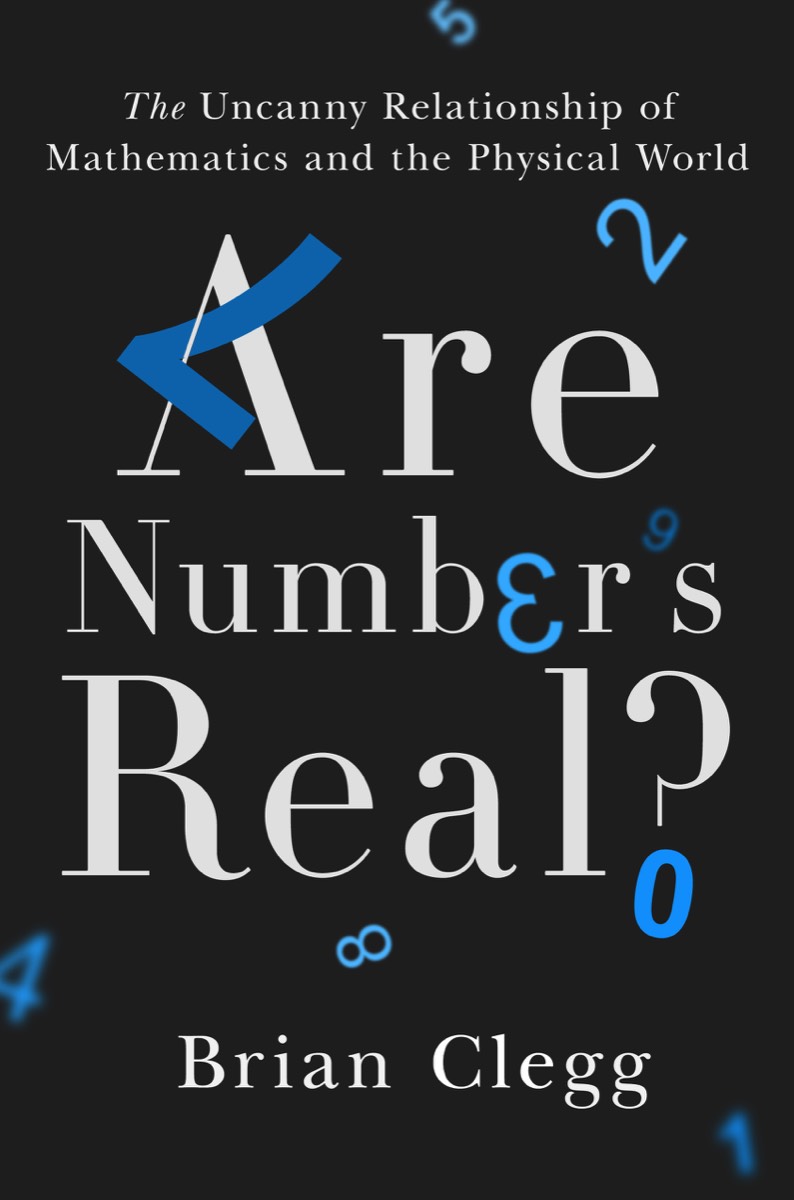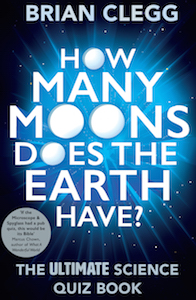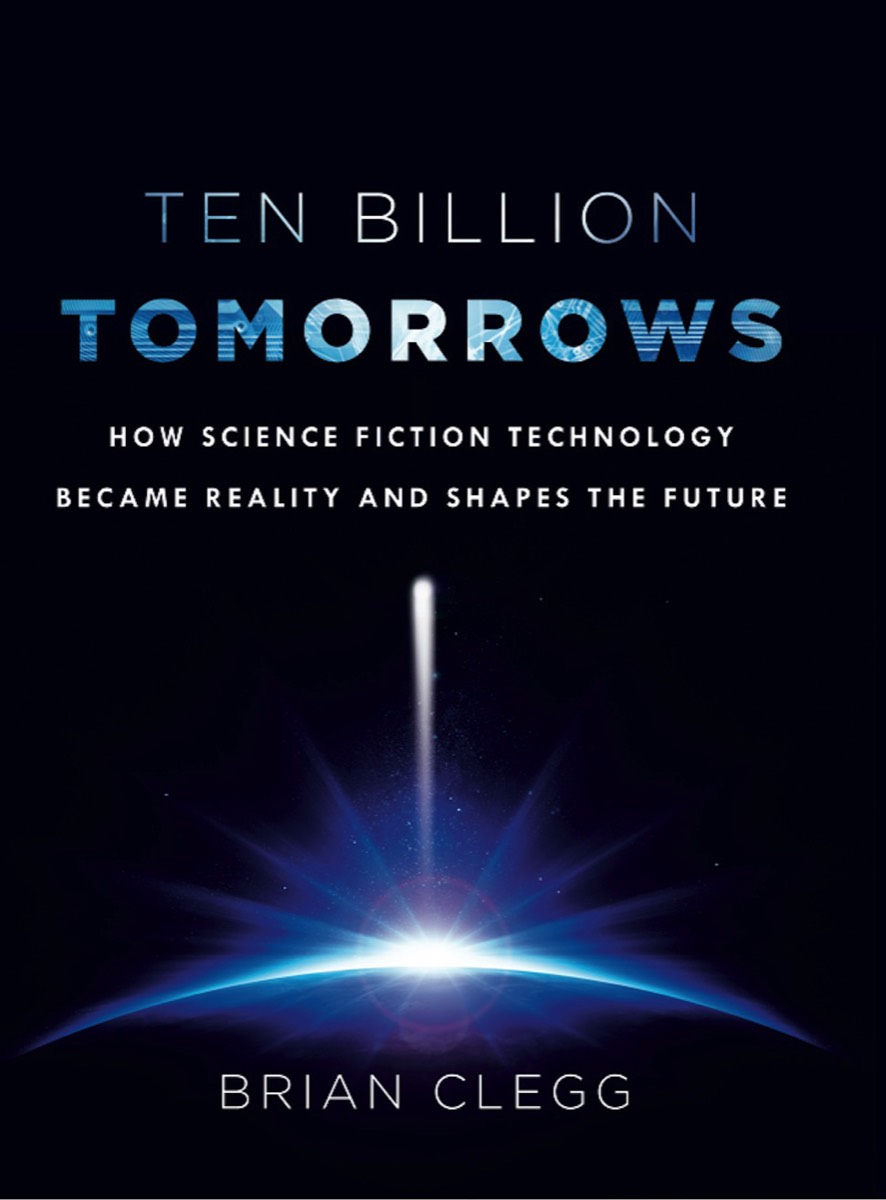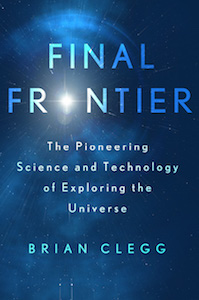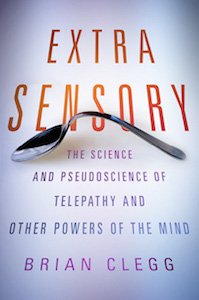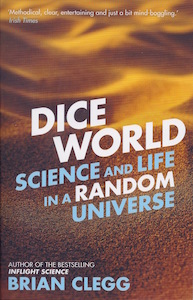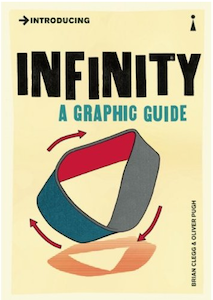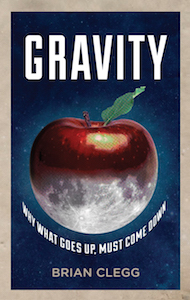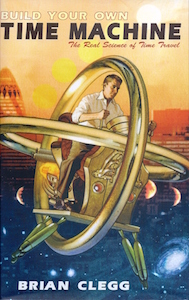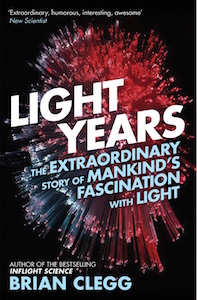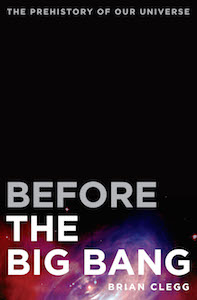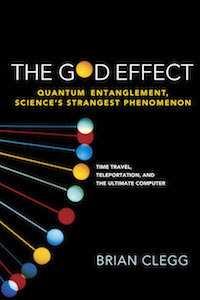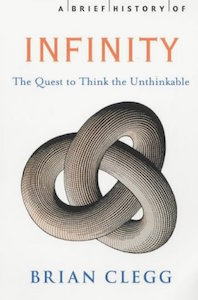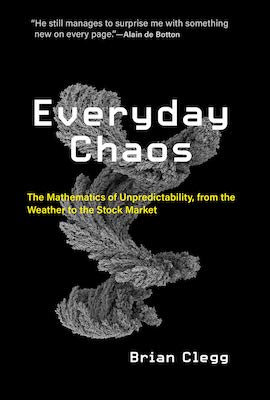
Everyday Chaos
This mind-bending intellectual ride will appeal to readers of Eugenia Cheng and Alberto Cairo
Brian Clegg
The math we are taught in school is precise and only deals with simple situations. Reality is far more complex.
Trying to understand a system with multiple interacting components--the weather, for example, or the human body, or the stock market--means dealing with two factors: chaos and complexity. If we don't understand these two essential subjects, we can't understand the real world. In Everyday Chaos, Brian Clegg explains chaos and complexity for the general reader, with an accessible, engaging text and striking full-colour illustrations.
By chaos, Clegg means a system where complex interactions make predicting long-term outcomes nearly impossible; complexity means complex interacting systems that have new emergent properties that make them more than the sum of their parts. Clegg illustrates these phenomena with discussions of predictable randomness, the power of probability, and the behaviour of pendulums. He describes what Newton got wrong about gravity; how feedback kept steam engines from exploding; and why weather produces chaos. He considers the stock market, politics, bestseller lists, big data, and London's wobbling Millennium Bridge as examples of chaotic systems, and he explains how a better understanding of chaos helps scientists predict more accurately the risk of catastrophic Earth-asteroid collisions. We learn that our brains are complex, self-organising systems; that the structure of snowflakes exemplifies emergence; and that life itself has been shown to be an emergent property of a complex system.
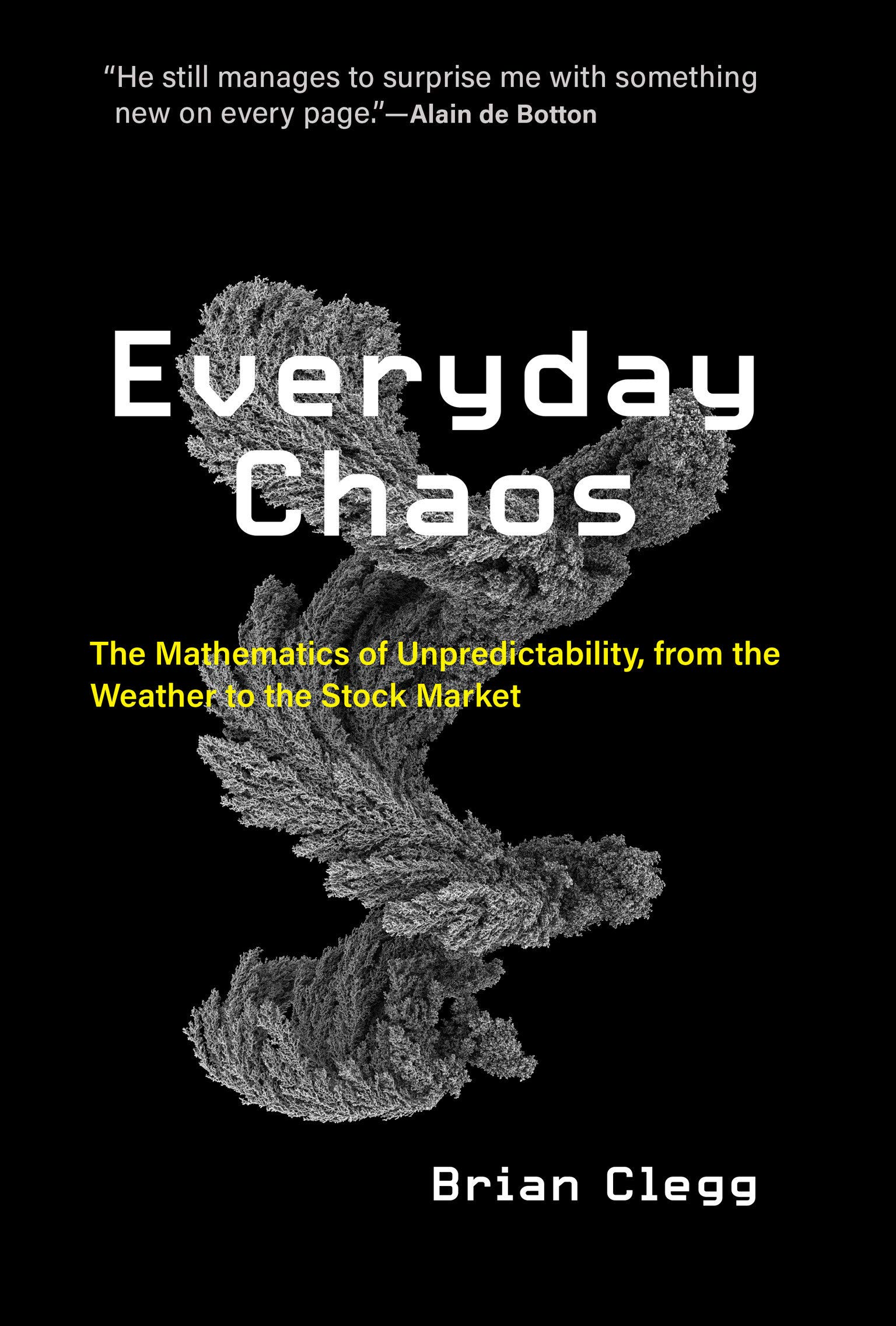
Paperback
Using these links earns us commission at no cost to you
Reviews
Science writer Clegg (What Do You Think You Are?) delivers a typically intriguing guide to the mathematical study of chaos and its real-world applications. Clegg discusses concepts important to the field, such as feedback and emergence, where “new abilities emerge spontaneously from [a] complex system,” as occurs when non-living molecules combine to create living organisms. He offers plenty of examples from everyday life, including time-keeping, weather forecasts, and traffic patterns, and in science, such as the study of “superorganism” species like army ants and wasps whose colonies behave as collective entities. Along the way, Clegg dispels several popular misconceptions, such as the “butterfly effect” of an insect’s wing triggering a hurricane (the mathematician who first described this hypothetical scenario then emphatically answered “no” to the possibility of it occurring) and the truism “that no two snowflakes are alike” (many simple snowflake shapes are identical; what’s remarkable are the vast number of possible shapes that can occur). He also includes a timely section on vaccination data, explaining how inoculation programs can, counterintuitively, lead to temporary increases in reported infections, because introducing a “sudden, strong change” into a system can make it chaotic. This mind-bending intellectual ride will appeal to readers of Eugenia Cheng and Alberto Cairo. - Publishers Weekly
Links to purchase books earn us commission at no cost to you

